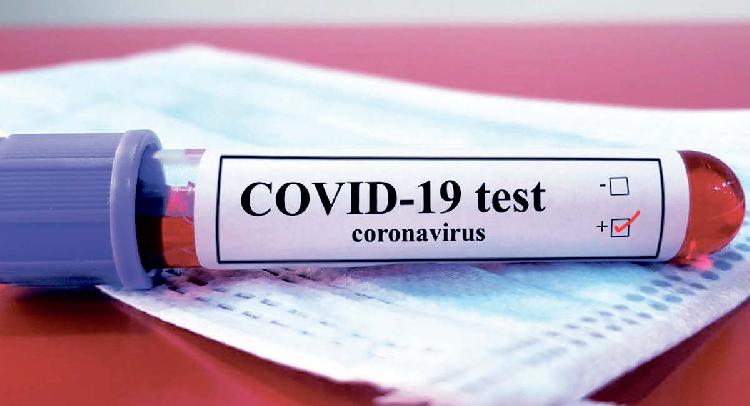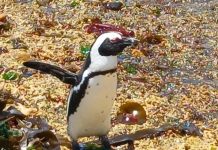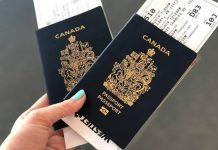Africa-Press – Namibia. OVER the last eight months, medical aid funds spent over N$311 million on Covid-19 tests and hospitalisation, according to the Namibia Financial Institutions Supervisory Authority (Namfisa).
Only about 8% of Namibia’s population is covered by private medical aid funds, representing roughly 200 000 citizens. Namfisa chief executive officer Kenneth Matomola says medical aid funds spent N$32 202 220 on Covid-19 tests and N$279 254 224 on hospitalisation from 1 January 2021 to 30 September 2021.
“Total year-to-date expenditure amounted to N$311 456 445 as at 30 September 2021,” he says.
Over the course of the eight month period, Namibia battled its third Covid-19 wave of infections, with 104 347 people testing positive and 3 318 deaths reported.
Between 1 July and 30 September, medical aids spent N$18 million on Covid-19 tests and N$177 million on hospitalisations alone. The Ministry of Health and Social Services reported that both private and state hospitals were overwhelmed, and long queues were seen at testing centres countrywide.
During this time, the country recorded 36 472 cases and 1 958 deaths. Matomola says Namfisa’s recommendation to provide relief measures to their members had lapsed at the end of last year. This included premium holidays, extended credit terms and approval to downgrade benefit options.
“Other relief measures that have continued to date are the temporary increases in over-the-counter benefit limits to enable members to acquire immune boosters and other medication to minimise the burden of out-of-pocket expenditure for members,” he says.
Matomola says the expected average medical inflation for 2021 was 2,47%. This means pharmaceutical benefit limits increased on average by 2,47% for the 2021 financial year, which runs from January to December.
“The pharmaceutical benefits limits of medical aid funds are revised annually in line with expected medical inflation,” he says.
Matomola says if more medical aid fund members get vaccinated, it may lead to a reduction in the current expenditure incurred on the diagnosis and treatment of Covid-19, which in turn may reduce the extent of future annual contribution increases.
“Vaccination against Covid-19 is a sustainable solution to mitigate the financial impact of the pandemic on medical aid funds. Covid-19 infections and the hospitalisation of members comes at a very high cost to medical aid funds,” he says. DEMAND FOR MEDICINE
Pharmaceutical expert Ulrich Ritter yesterday said there was no significant increase in all medicines, and instead the demand shifted more to specific pharmaceuticals. He said as a result of the priority given to fighting Covid-19, elective surgeries and other procedures were cancelled.
“For instance they said you cannot get a hip replacement now but only in a few months when the crisis is over. Instead of that Covid-19 medicines were used,” he said of the temporary trend that was observed. Ritter said they also observed lower consumption of antibiotics for infections people usually see their general practitioners for.
“We saw less consumption of minor elements like the cold and flu, because people maintained social distances and wore masks. And because of the lockdown, fewer children went to créches and schools. For these reasons, I think we had fewer transmissions and fewer people getting sick. Even fewer people go to their offices,” he said.
According to the Namibia Statistics Agency (NSA)’s second quarter gross domestic product report, there was an increased demand for pharmaceutical products as the country recorded the Delta variant. The NSA noted that medicinal and pharmaceutical products had the largest share of imports from the economic bloc of Brazil, Russia, India, and China.
The trade deficit recorded in September 2021 was higher than the trade deficit of N$2,9 billion recorded in August 2021, as imports remained relatively higher than exports. The higher import value resulted from increases in the importation of pharmaceutical products, among others.
‘FINANCIALLY SOUND’ Meanwhile, medical aid funds footed a bill of N$95,8 million in relation to Covid-19 from 1 April 2020 to 31 March 2021.
“Medical aid funds incurred Covid-19 expenditure of N$15 million for Covid-19 tests, and N$80 million for hospitalisation expenditure for the period 1 April 2020 to 31 March 2021,” Matomola said previously.
The funds’ Covid-19 expenditure includes costs incurred for the treatment of other conditions while treating a member for Covid-19. Matomola said patients are usually admitted to isolation wards, which are less expensive, however, severe cases are submitted to intensive care units, which are significantly more expensive.
“Despite the significant costs expended, medical aid funds are financially sound at this time,” he said.
For More News And Analysis About Namibia Follow Africa-Press






